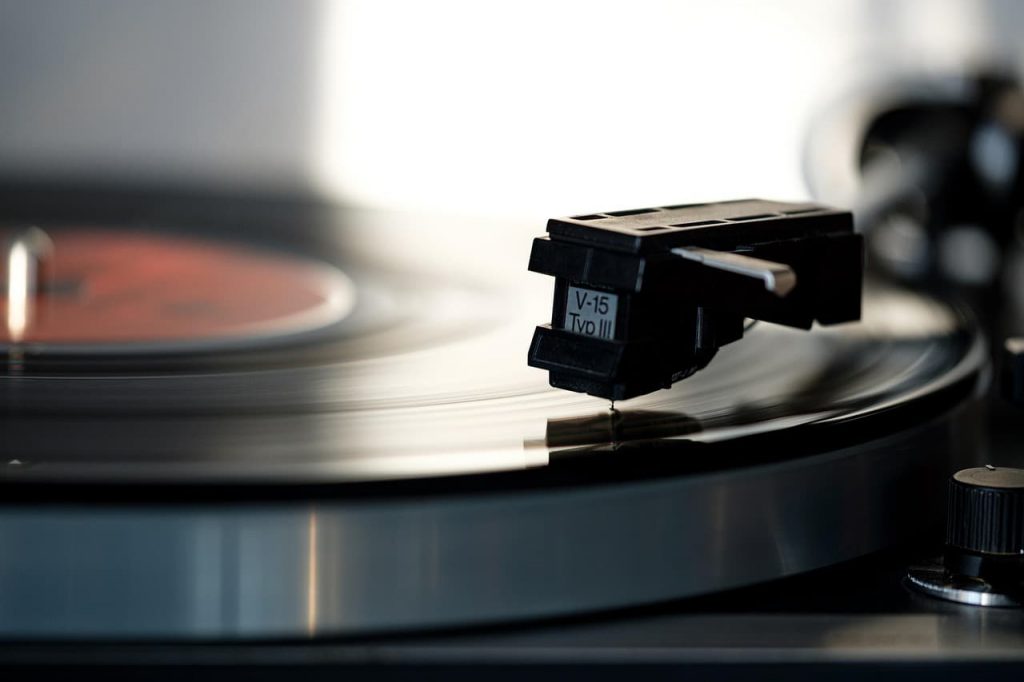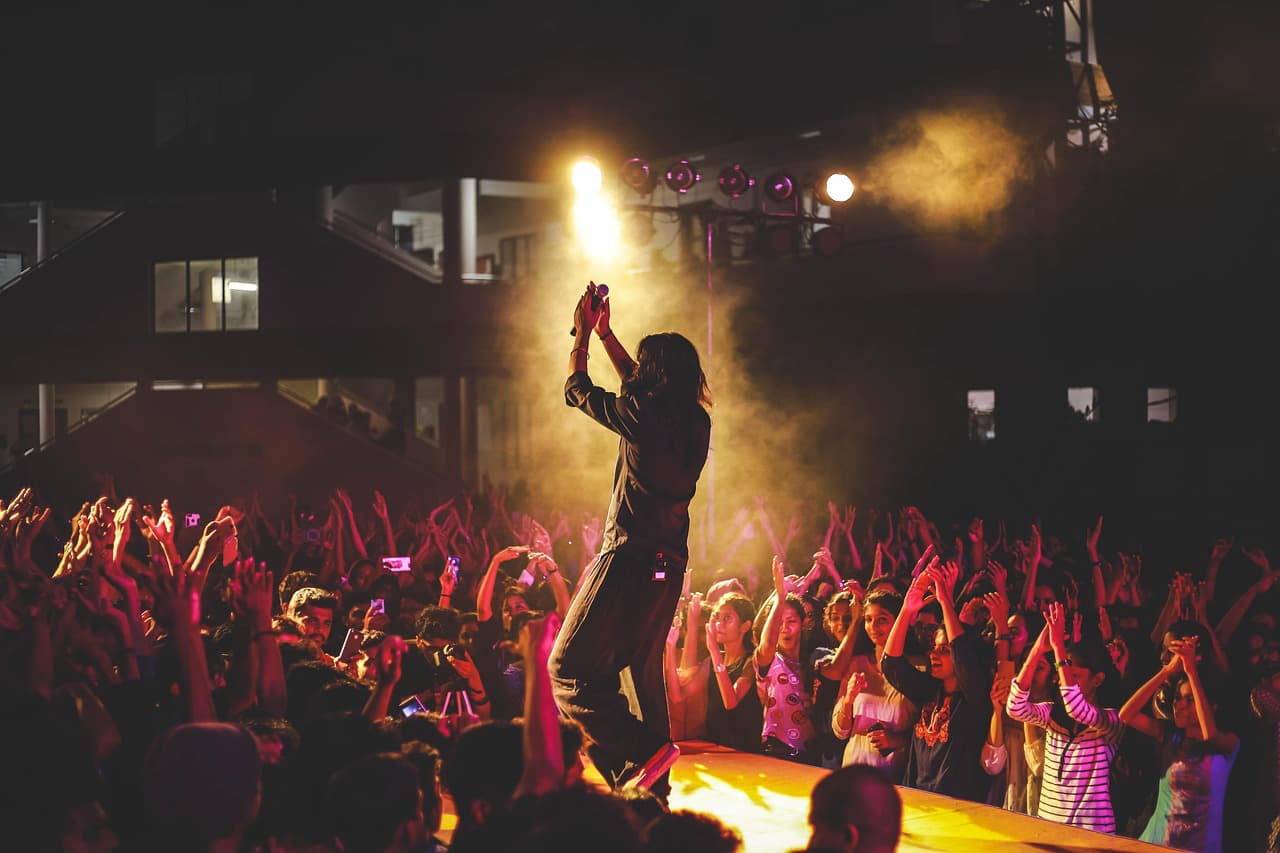Just really think about it, streaming didn’t just tweak the old music business. It ripped it apart and left musicians scrambling. Overnight, getting paid pennies per stream meant the dream of simply making an album, hoping for radio play, and living off sales was gone.
And because of that, artists had to start thinking differently. They began asking, “If my songs only earn cents online, how else can I make my art support me?” That question has led to some surprisingly creative answers. Things that would have sounded impossible ten years ago now feel normal.
Building Direct Relationships with Fans
To see how dramatic this change is, just look at the way independent artists now deal directly with their fans. Instead of waiting for a label to pay them, they build their own subscription communities on platforms like YouTube, Patreon, Bandcamp, TikTok, or even OnlyFans.
Through these, fans pay a small monthly amount in exchange for early tracks, private livestreams, rough demos, personal shout-outs, or whatever feels right.
Because of this, the relationship stops being a one-off transaction and becomes an ongoing connection. Instead of hoping someone buys your album once, you’re creating a circle of people who want to see you succeed every month. In a way, you’re not just selling songs anymore; you’re selling access to your creative world, your personality, and your progress.
And there’s another layer. Through this community-based success, artists get endorsements from big companies. We have seen how online casinos have succeeded in using this method to market and become relevant. You will find numerous casino platforms, such as those located at kasynoonlineautomaty.pl, advertising their no deposit bonuses, loyalty programs, and other offers.
All this has helped grow artists.
Physical Merchandise

Even though we live in a digital world, physical merchandise has quietly become more important than ever. Vinyl records keep selling, not because of perfect sound but because fans want something to hold and display. Limited editions, colored vinyl, and special packaging create scarcity and collectibility that a stream can never provide.
And artists are thinking far beyond t-shirts. They’re launching coffee blends, clothing lines, and even home goods. This happens because fans don’t just want products; they want to bring an artist’s aesthetic and values into their daily lives.
Connecting with fans this way also changes the dynamic. Many musicians now run pre-order campaigns that only go ahead if enough people commit. They create limited runs based on feedback. A merch drop becomes an event, a conversation, a moment the community shares rather than just another way to make money.
Live Experiences
Live shows still bring in money, but what counts as “live” has changed dramatically. During the pandemic, virtual concerts proved audiences would pay for online experiences if they were thoughtful and well-designed. Since then, artists have been offering everything from small, intimate livestreams to elaborate virtual-reality shows.
And the real revenue often comes from premium experiences layered on top of the music. VIP packages with meet-and-greets, early access to soundchecks, exclusive merch, or even dinners with the artist can earn far more per fan than a regular ticket. Some artists go further, offering songwriting workshops, masterclasses, or studio visits as separate streams of income.
It works because the psychology is about access and exclusivity rather than just entertainment. Fans happily pay for experiences that make them feel closer to someone they admire or that give them stories to tell later, things a normal concert ticket can’t offer.
Licensing Music
Sync licensing has also become a major income source. Placing a song in a TV show, film, commercial, or video game can earn more in one go than millions of streams. Some artists now write with sync in mind, learning what music supervisors want and shaping their tracks accordingly.
The strongest partnerships create value for everyone involved. The artist gets money and exposure. The brand gets authentic endorsement. Fans discover new products through someone they already trust. And because of this, every song, social post, and appearance can turn into a business opportunity, not just an artistic expression.
